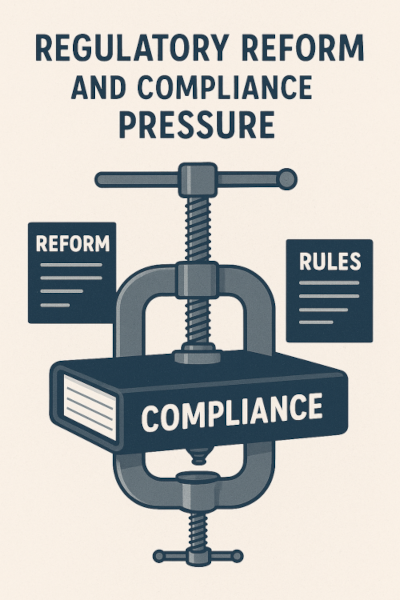In recent years, the legal profession in Victoria has experienced mounting pressure from regulatory reforms and an increasingly complex compliance environment. These developments have been driven by public demand for transparency and accountability as well as a broader societal shift towards stricter oversight of professional standards. For lawyers in both private practice and institutional roles, the result has been a steady increase in the time, resources and vigilance required to meet their obligations.
One of the most significant sources of pressure has been the expansion of regulatory oversight from bodies such as the Legal Services Board and the Victorian Legal Services Commissioner. These agencies have adopted a more proactive approach, focusing not only on investigating complaints but also on monitoring law firm conduct through audits, policy reviews and performance standards. Practitioners are now expected to keep detailed records of their ethical decision making processes, supervise staff more rigorously and implement firm-wide protocols to demonstrate compliance with professional duties.
This heightened regulatory scrutiny intersects with a growing list of legislative reforms that affect day-to-day legal practice. The introduction of mandatory reporting obligations in relation to sexual harassment and discrimination, for instance, has required law firms to reassess their internal complaints procedures and workplace culture. Similarly, changes to anti-money laundering and counter-terrorism financing laws have placed increased burdens on firms engaged in property and commercial transactions. Lawyers must now undertake client risk assessments, conduct enhanced due diligence and keep auditable records of their findings.
Compliance obligations have also grown in the areas of data privacy, cybersecurity and client confidentiality. The recent amendments to the Privacy Act and the introduction of mandatory data breach reporting have meant that firms need to invest in secure information systems, staff training and legal risk assessments. A single failure in this domain can not only attract regulatory penalties but also irreparably damage a firm’s reputation.
For many small and medium sized practices, the financial and administrative demands of these compliance regimes are becoming increasingly difficult to manage. Resources that would otherwise be directed towards client service are now diverted to maintaining compliance checklists, engaging external auditors and purchasing new legal software. Some firms have responded by adopting a more corporate structure, appointing dedicated compliance officers and formalising risk management protocols, but this is not a viable solution for all.
Perhaps most critically, the climate of increased regulation has changed the professional culture of law. Many lawyers report feeling that they are constantly under scrutiny, not only from regulators but also from clients who are more legally literate and assertive than ever before. This has contributed to a climate of professional anxiety and a tendency to practice more defensively. It has also deepened the divide between legal practitioners and the regulatory bodies tasked with overseeing them.
There is no suggestion that regulation is unnecessary or unwelcome. Most lawyers accept that oversight is essential to maintaining the integrity of the profession. But there is a growing view that the cumulative weight of reform and compliance requirements is beginning to distort the balance between accountability and practicality. As the profession continues to evolve, it will be essential for regulatory bodies and legal practitioners to engage in genuine dialogue about how to preserve ethical standards without paralysing the everyday work of lawyers.

Leave a Reply